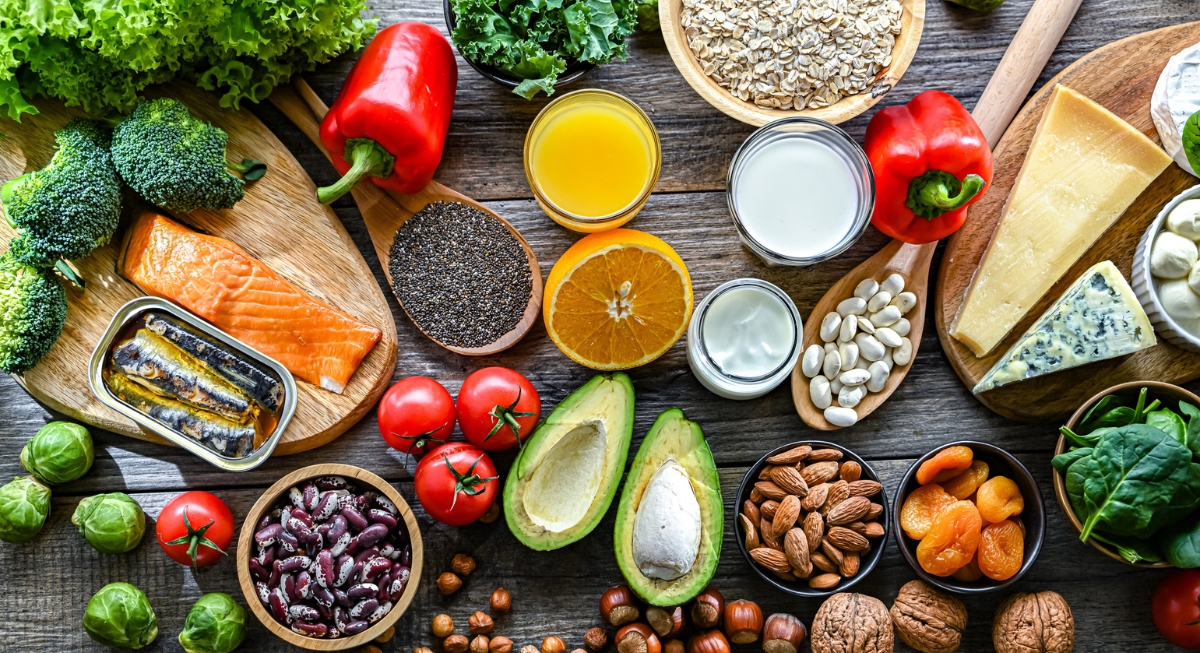We always put a lot of emphasis on vitamins and their importance but often miss out on minerals. They’re the micronutrients that your body depends on every single day. Their responsibility includes keeping your heart steady, building strong bones, and even powering your brain. And the best part is that you don’t need supplements to get them. Everyday foods—some you probably already eat—are packed with these essential nutrients.
This list breaks down a few mineral-rich superfoods that deliver real health benefits without overcomplicating your diet. Let’s get to it right away.
Spinach
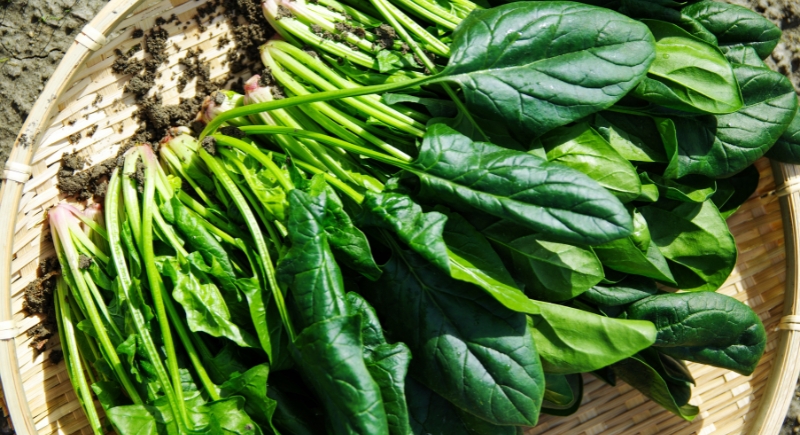
Credit: pixabay
Spinach might not make headlines, but it’s a real workhorse. This ingredient is loaded with iron, magnesium, and potassium and supports healthy blood flow and muscle recovery. Toss it in a salad, smoothie, or pasta—raw or cooked, it’s always doing good.
Almonds
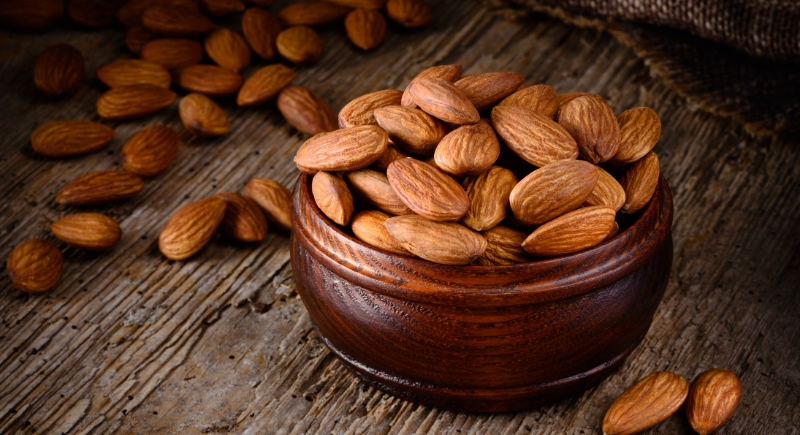
Credit: Getty Images
Grab a handful of almonds, and you’ve got more than just a crunchy snack. These nuts are rich in essential minerals, such as calcium, magnesium, and phosphorus, which all support your bones, nerves, and energy levels. While you can munch on them straight from the bag, try them with yogurt toppings for more flavors.
Lentils
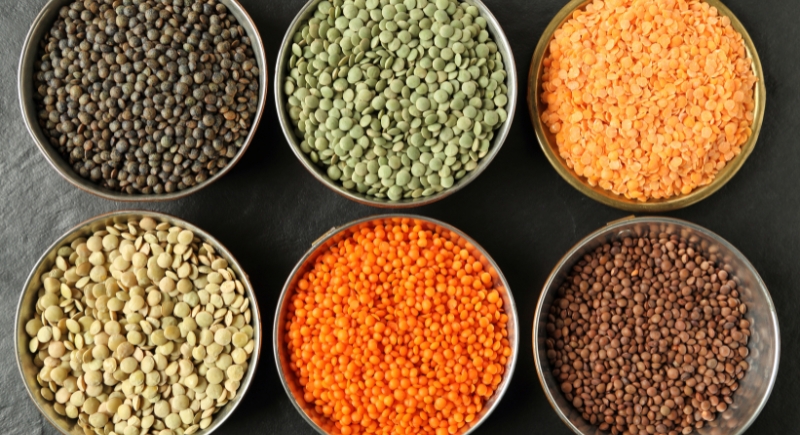
Credit: Getty Images
Lentils are full of iron, zinc, and magnesium that help you fight off fatigue and bounce back when you’re under the weather. They’re easy to toss into soups, salads, and rice bowls for a hearty, mineral-filled meal.
Chia Seeds
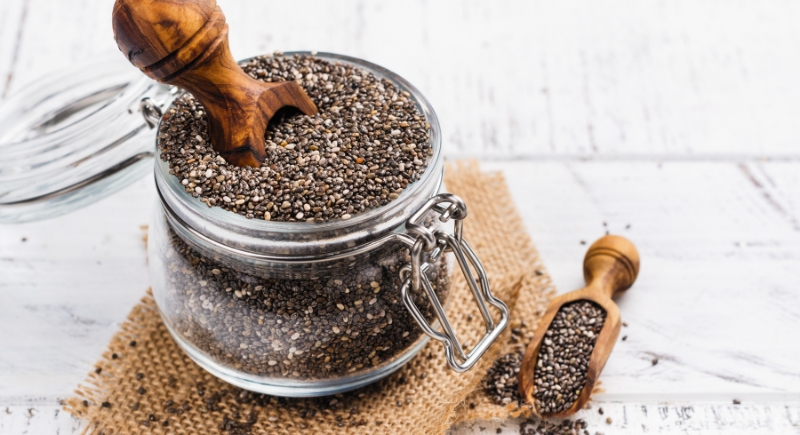
Credit: Getty Images
Despite their tiny size, chia seeds are sneaky-strong. They have calcium, magnesium, and phosphorus in the mix and support bone strength and steady energy. Just a spoonful in your smoothie or oatmeal can make a big difference.
Salmon
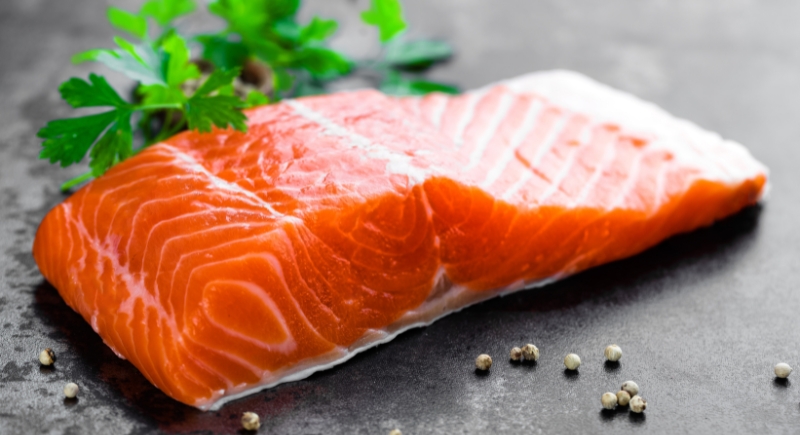
Credit: Getty Images
Aside from the omega-3s, salmon is also packed with selenium, phosphorus, and potassium—key minerals that protect your cells and support heart health. Bake it, grill it, or add it to salads for a protein-rich boost.
Yogurts
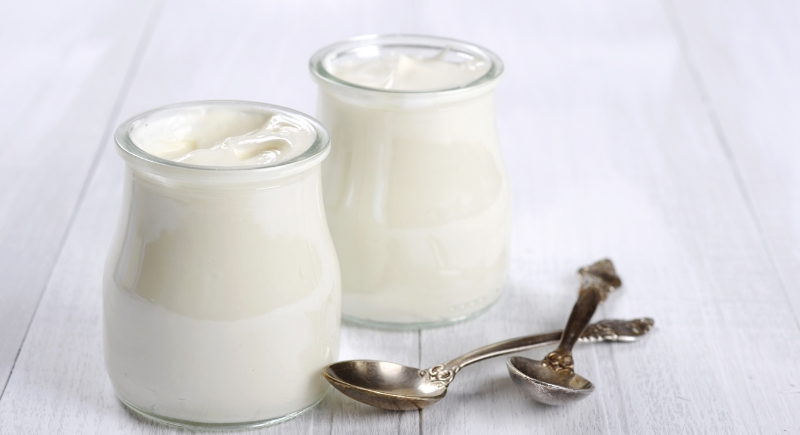
Credit: Getty Images
Yogurt is creamy, satisfying, and a great source of calcium, phosphorus, and potassium. It supports bone health, helps regulate your heartbeat, and aids digestion when it contains live cultures.
Pumpkin Seeds
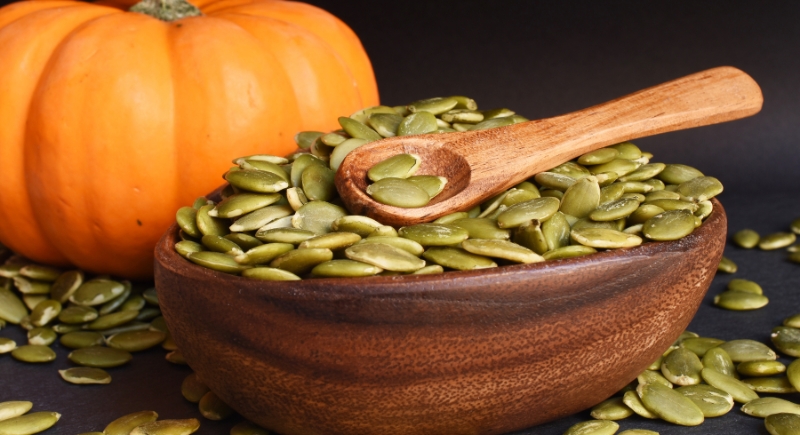
Credit: Getty Images
These crunchy little seeds are full of magnesium, zinc, and iron. They’re great for snacking or adding to just about anything—salads, yogurt, even baked goods. That combo helps your immune system stay strong and delivers oxygen throughout your body so your energy levels are never down.
Tofu
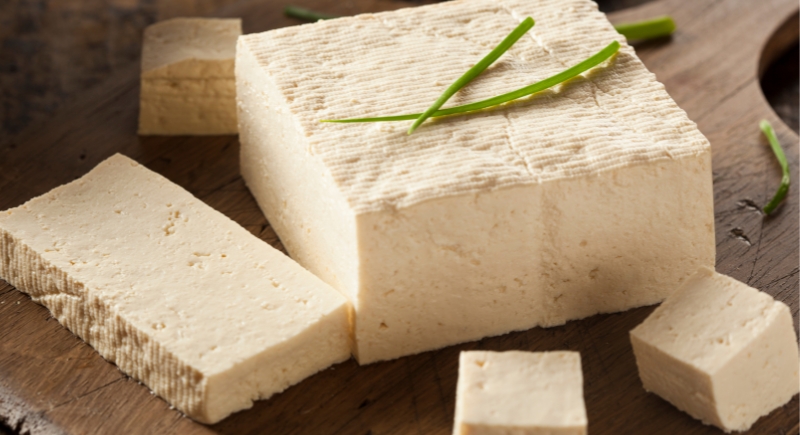
Credit: Getty Images
This meat alternative is one of the most mineral-dense superfoods you can add to your diet. It’s rich in calcium, magnesium, and iron, which helps your body build strong bones and keep oxygen flowing. It’s mild in flavor, so it takes on any taste you add to it.
Avocados
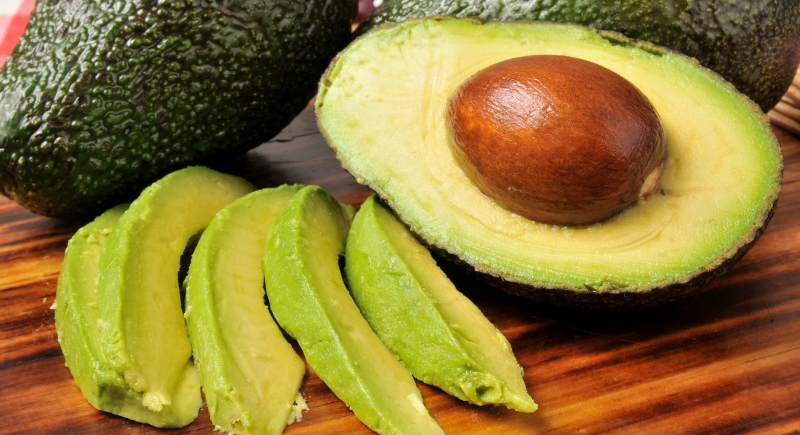
Credit: Getty Images
Avocados have become famous as trendy toast toppers, but they also have benefits; they’re loaded with potassium and magnesium that help your muscles move and your brain focus. What’s more, it also helps your blood pressure stay steady.
Quinoa
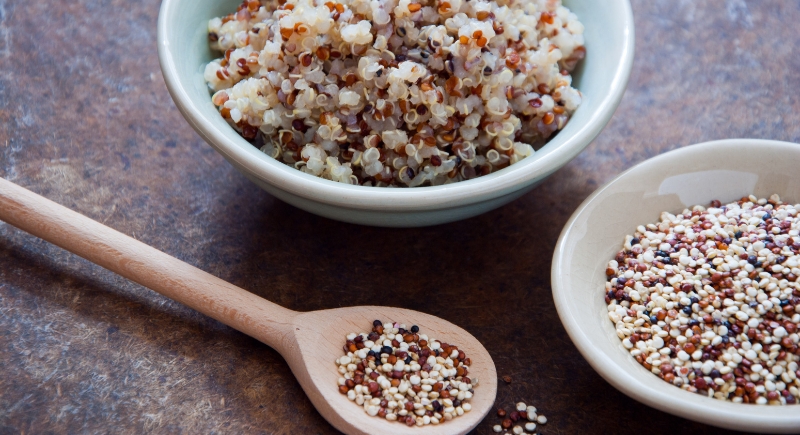
Credit: Getty Images
Quinoa is a complete protein, so it’s perfect for plant-based eaters looking to power up without missing nutrients. This grain contains iron, magnesium, and phosphorus and can support energy levels, bone strength, and healthy blood.
Broccoli
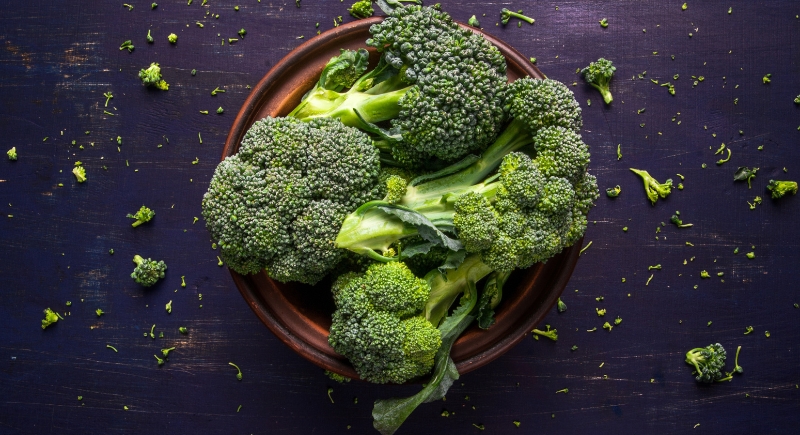
Credit: Getty Images
You might’ve pushed it aside as a kid, but broccoli deserves a second chance. It’s packed with calcium, potassium, and magnesium, which support bones and metabolism. Plus, we now have some innovative recipes to turn broccoli into a delicious meal.
Sardines
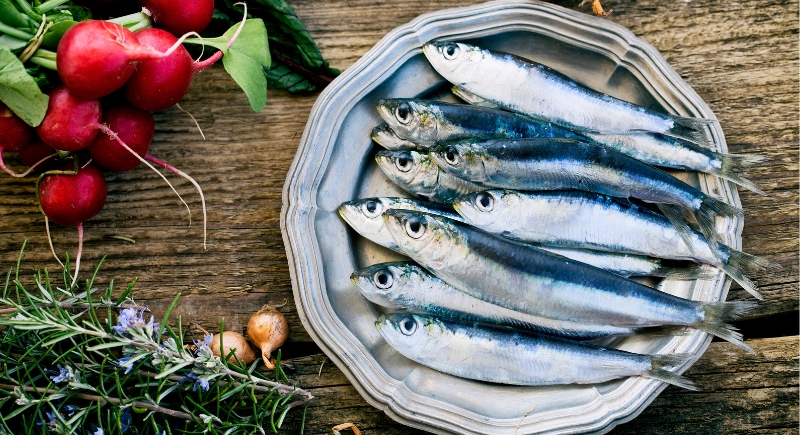
Credit: Canva
Don’t underestimate these tiny fish. Sardines come loaded with calcium, phosphorus, and selenium, which makes them a powerful choice for strong bones and cell repair. But that’s not where the benefits end. Sardines are also great when you’re trying to improve your immune health. They’re easy to keep on hand and even easier to enjoy right out of the can.
Sweet Potatoes
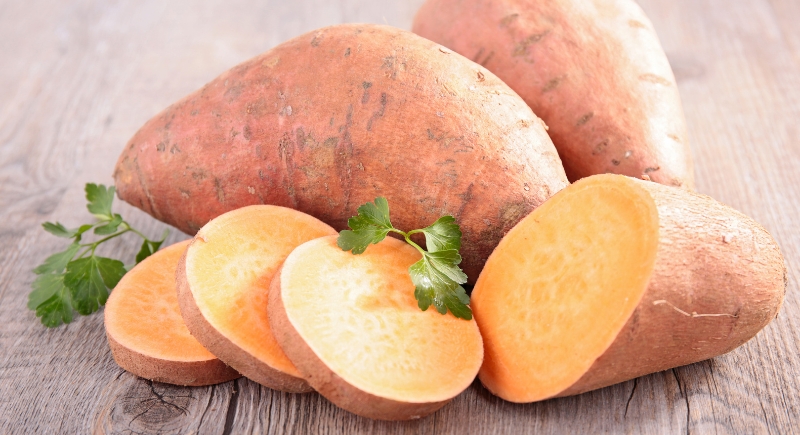
Credit: Getty Images
Sweet potatoes offer potassium and manganese—minerals that help with hydration and bone development. They’re also packed with fiber that can keep you fuller longer.
Brazil Nuts
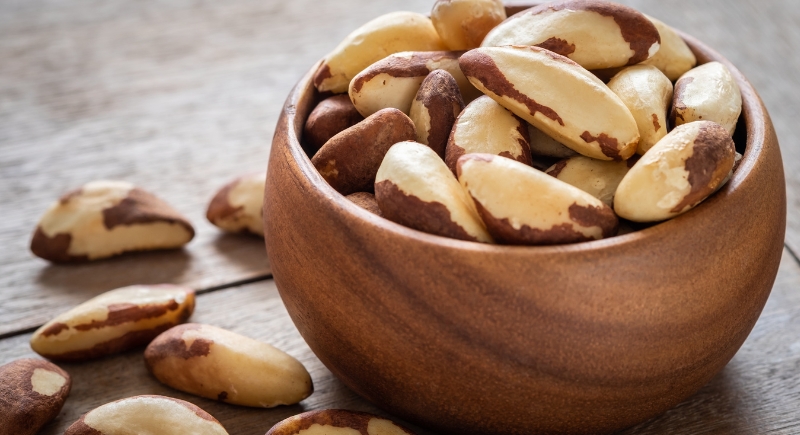
Credit: Getty Images
Just one or two Brazil nuts can give you all the selenium you need for the day. This mineral helps regulate thyroid function and supports your immune system. Their creamy texture and rich flavor make them a smart addition to any snack mix.
Oats
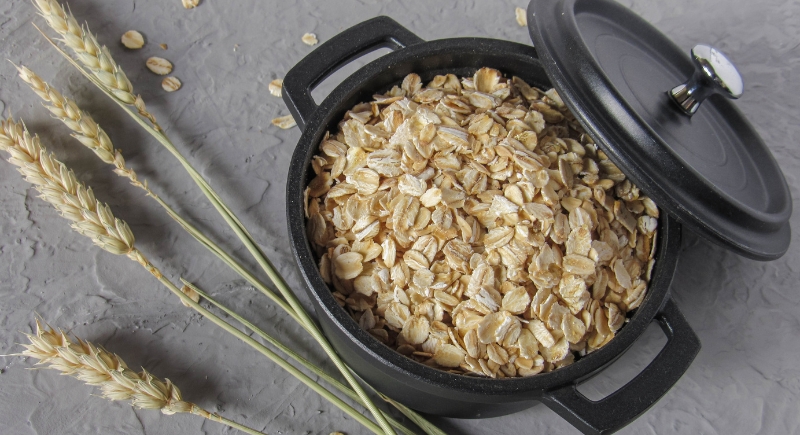
Credit: pexels
Oats make a cozy breakfast. They’re also a mineral-rich food you shouldn’t miss out on. They provide iron, magnesium, and phosphorus, which help with energy and strong bones. You can try overnight oats, muffins, or snack bars—they’re always a solid choice.
Kale
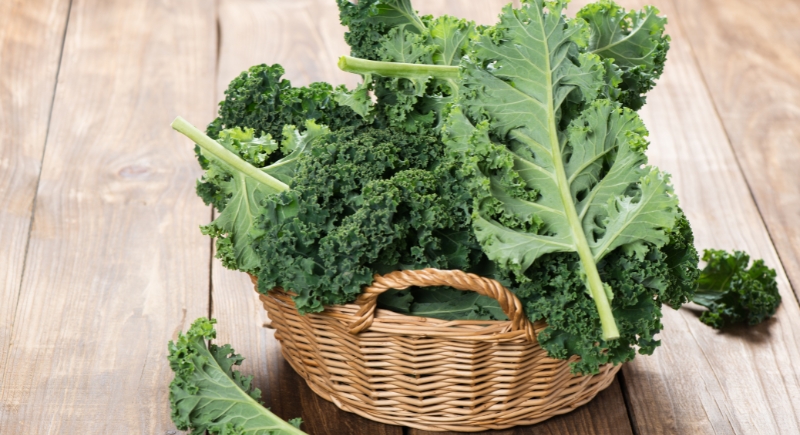
Credit: Getty Images
Kale earns its superfood status with calcium, potassium, and magnesium in every bite. These minerals keep bones strong and muscles functioning smoothly. For a nutrient boost, add it to smoothies, bake it into chips, or toss it in a salad.
Black Beans
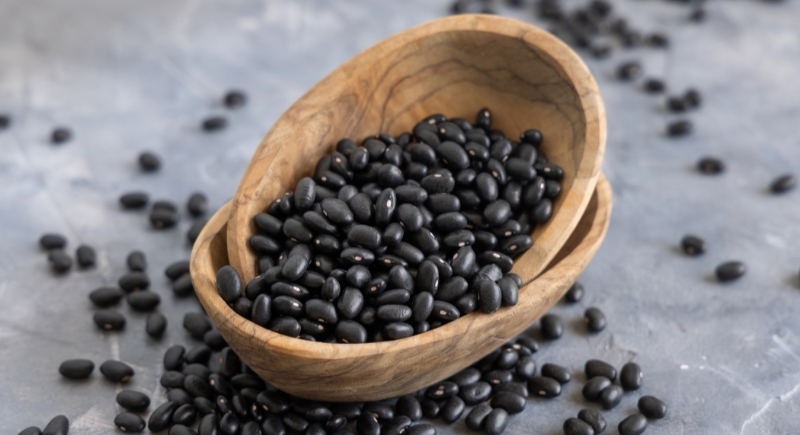
Credit: Canva
These humble beans deliver a solid dose of iron, potassium, and magnesium. That means better oxygen transport, steadier blood pressure, and stronger muscles. They’re also packed with plant-based protein and fiber.
Sunflower Seeds
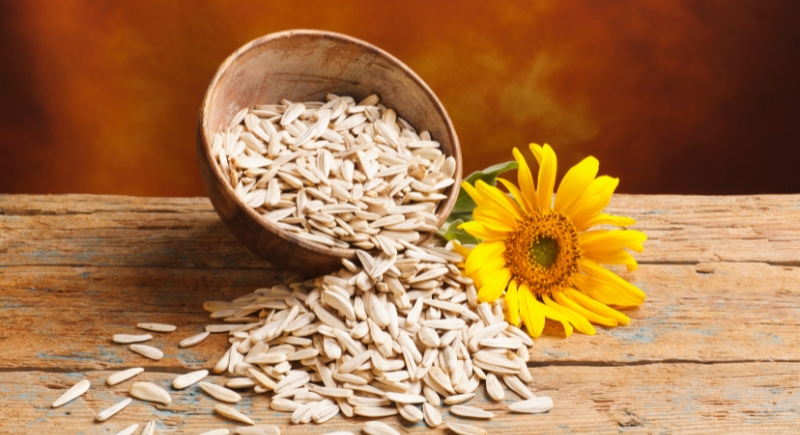
Credit: Getty Images
Sunflower seeds may be small, but they are rich in magnesium, zinc, and selenium. These minerals support the immune system and help muscles recover.
Brown Rice
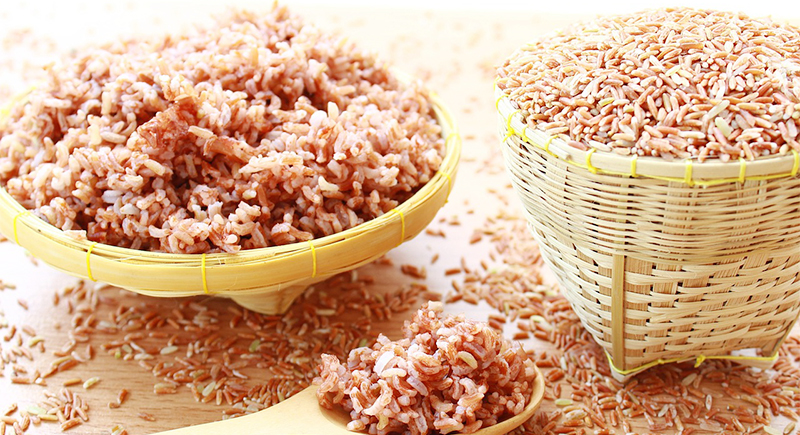
Credit: pixabay
Unlike its white counterpart, brown rice holds onto its nutrient-rich bran layer. That’s where you’ll find magnesium, phosphorus, and manganese—key players in bone strength and cellular repair. It’s a simple swap that adds big nutritional value to your meals.
Beets
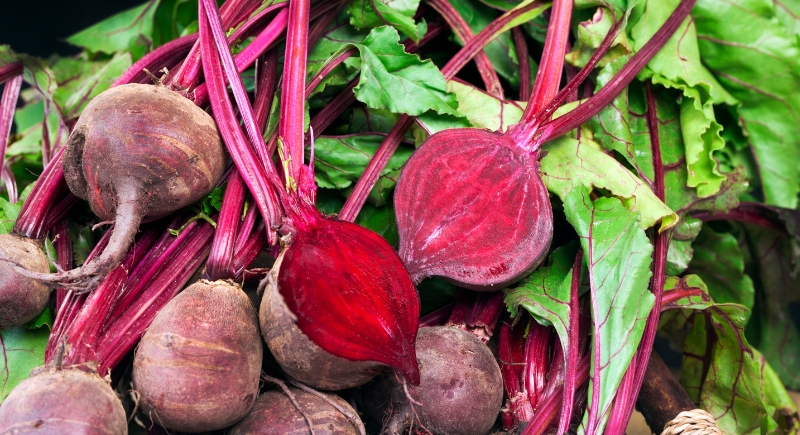
Credit: Getty Images
Beets are a great source of potassium, iron, and manganese. These minerals help your body circulate oxygen, maintain energy, and support bone development. Just make sure to eat them in moderation.
Edamame
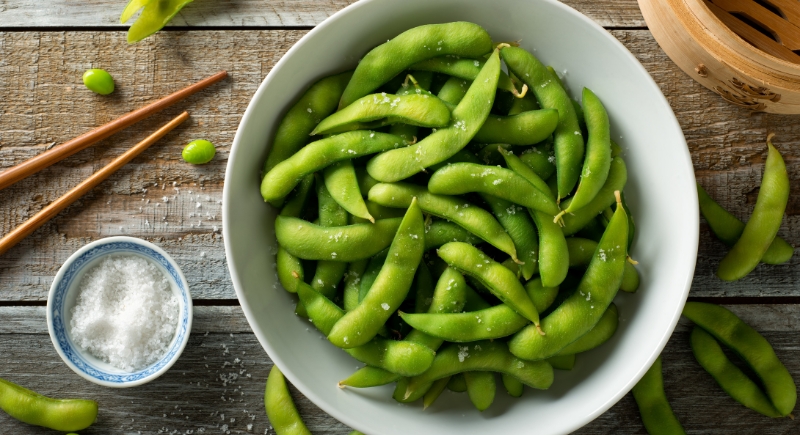
Credit: Getty Images
Steam them, salt them, and enjoy a handful anytime–These green soybeans have serious benefits. Edamame is rich in calcium, magnesium, and iron—perfect for supporting bones, oxygen flow, and muscle recovery.

